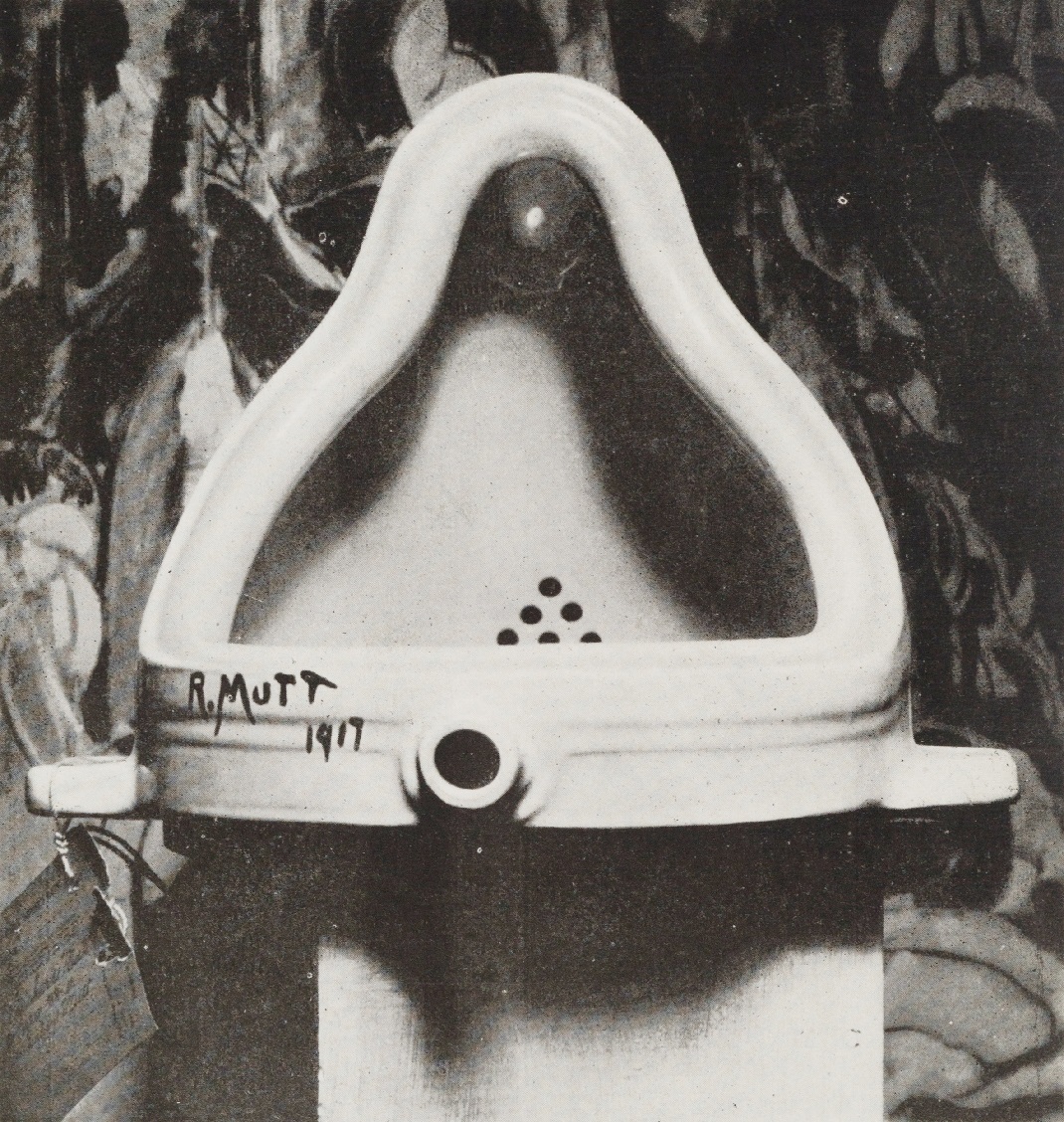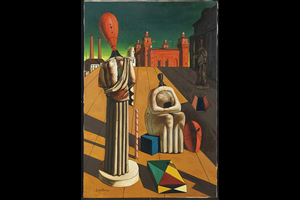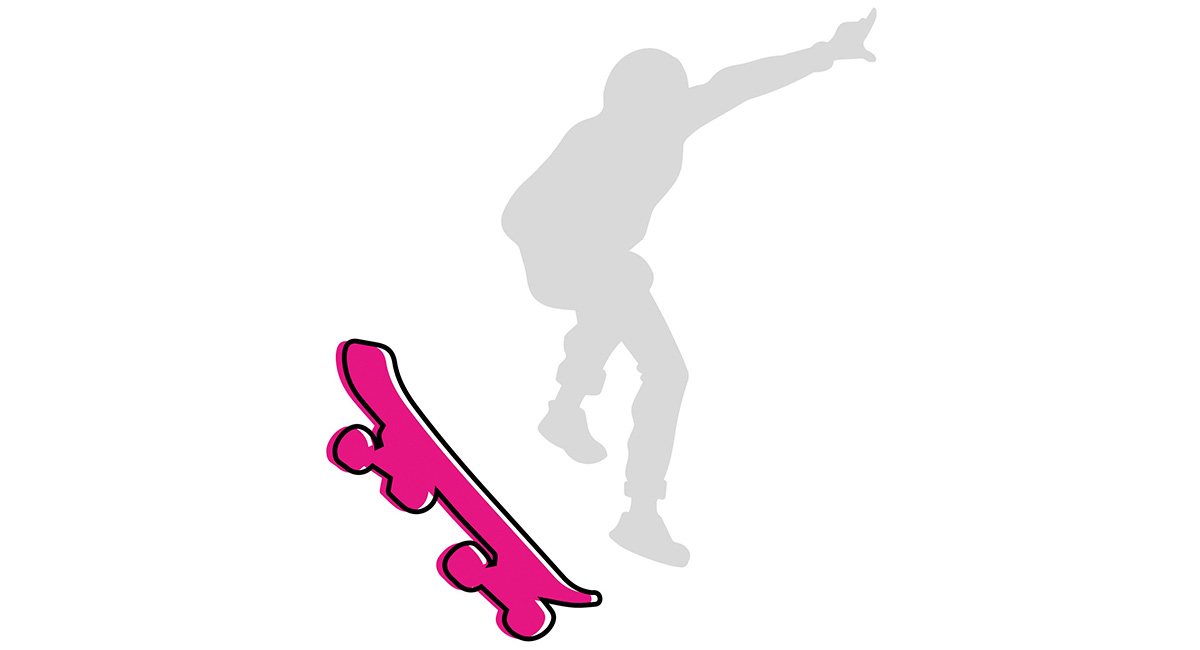About Contemporary Art
A friend, passionate about art, historian, but above all committed to the contemporary front, returns from an exhibition and blurts out: “I am fed up with all these little pictures, these little and big sculptures that address only to themselves, to the small world to which they belong and which is more and more deserted. Where do they think they are going, are they able to change our life?”
Rereading the interview given by David Foster Wallace to McCaffery, I stumble upon the following sentence (referring to writers, to artistic operators in another language): “If the artist becomes addicted to please [the reader], his real purpose does not lie in the work itself, but in the favorable opinion of a certain audience… In this way, he is simply giving away all his power.”
And again: “We are witnessing a continuous avant-garde race towards the future, without anyone bothering to think about the destination, about the goal of the race.” The thought immediately goes to Duchamp, to the Urinoir made a century ago.
It represents the liberation against pre-established, accepted forms (“the pictures, the little and the big sculptures”), but at the same time the clearance of all “the cranks in the role of exterminating angels.”

Heritage and commodification
Thus, “the form becomes an anesthetic (eye to etymology) against loneliness”, a response “to our anger against death, the awareness that sooner or later I will die and I will basically die alone, while the rest of the world will continue beautifully to go on without me. ” But, just wait a moment: “Once the first-person singular infiltrates your goals (as an artist), artistically speaking you are dead.” Should I add more? You should read that whole interview (Minimum Fax, 2013).
It has been released thirty years ago, but it fits perfectly to the situation in








